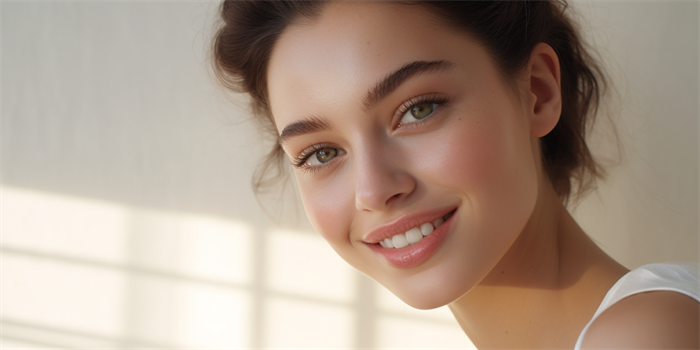Can I Eat Beef After Ultherapy in Montclair?
Ultherapy, a popular non-invasive skin tightening treatment, has gained significant attention for its ability to lift and tighten the skin without surgery. However, many patients in Montclair and beyond often wonder about the dietary restrictions, if any, following the procedure. Specifically, the question arises: Can I eat beef after Ultherapy in Montclair? This article delves into this query by examining several key aspects related to post-Ultherapy dietary considerations.

Understanding Ultherapy
Ultherapy uses ultrasound technology to stimulate collagen production deep within the skin. This process helps to tighten and lift the skin over time, making it a preferred choice for those looking to combat signs of aging without resorting to surgical methods. The procedure is typically quick, with most sessions lasting around 60 to 90 minutes, depending on the areas treated.
Post-Treatment Dietary Considerations
After undergoing Ultherapy, it is natural for patients to be curious about what they can and cannot eat. While there are no specific dietary restrictions imposed by the procedure itself, it is always wise to follow a healthy diet to support overall well-being and expedite the healing process. This includes consuming a balanced diet rich in fruits, vegetables, lean proteins, and whole grains.
The Role of Protein in Healing
Protein is essential for the body's healing process, as it helps in the repair and regeneration of tissues. Beef, being a rich source of protein, can be included in the diet post-Ultherapy. However, it is important to opt for lean cuts of beef to avoid excessive fat intake, which might not be beneficial for skin health. Including protein-rich foods can support the body's natural healing processes and potentially enhance the results of Ultherapy.
Potential Allergies and Sensitivities
Individuals with known allergies or sensitivities to beef should, of course, avoid consuming it. Additionally, some patients might experience gastrointestinal discomfort or other reactions to certain foods post-procedure. It is advisable to monitor how the body reacts to different foods and consult with a healthcare provider if any adverse reactions occur.
Hydration and Skin Health
Hydration is crucial for maintaining skin health and aiding in the healing process. Drinking plenty of water after Ultherapy can help keep the skin hydrated and promote better outcomes. While beef does not directly affect hydration levels, maintaining a well-hydrated state is beneficial for overall skin health and recovery.
Consultation with Healthcare Providers
Ultimately, the best course of action regarding dietary choices post-Ultherapy should be discussed with a healthcare provider or a specialist who performed the procedure. They can provide personalized advice based on individual health conditions, treatment areas, and overall wellness goals.
FAQ
Q: Is there any specific diet recommended after Ultherapy?
A: While there are no specific dietary restrictions, a balanced diet rich in nutrients is recommended to support healing and overall health.
Q: Can I eat other types of meat after Ultherapy?
A: Yes, lean meats such as chicken and turkey are also good sources of protein and can be included in the diet post-procedure.
Q: How long should I wait to eat normally after Ultherapy?
A: There is no need to wait; you can resume your normal diet immediately after the procedure.
Q: Are there any foods I should avoid after Ultherapy?
A: Generally, there are no specific foods to avoid. However, it is advisable to avoid overly spicy or fatty foods if they cause discomfort.
In conclusion, while there are no strict dietary restrictions after Ultherapy in Montclair, maintaining a balanced and healthy diet can support the healing process and enhance the results of the treatment. Including lean cuts of beef, along with other nutritious foods, can be beneficial for overall health and skin recovery.




